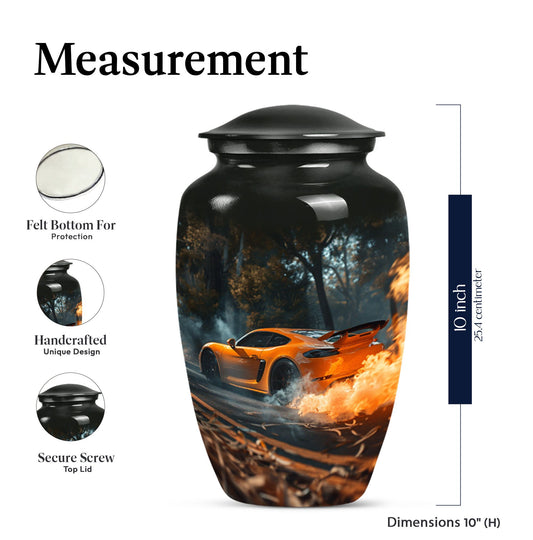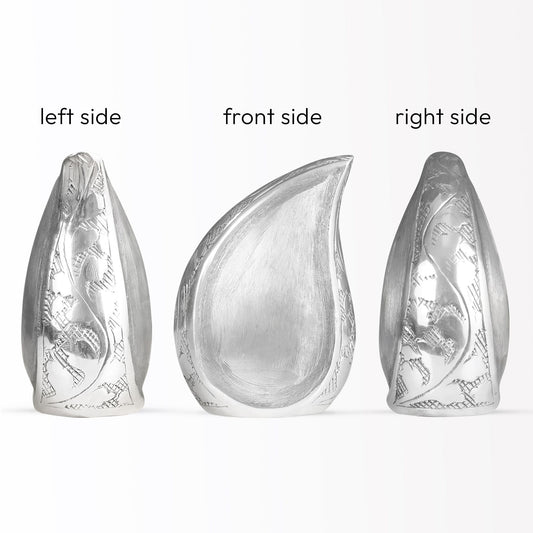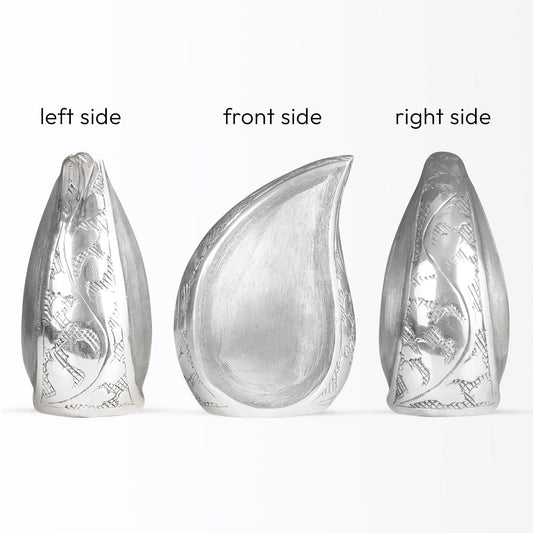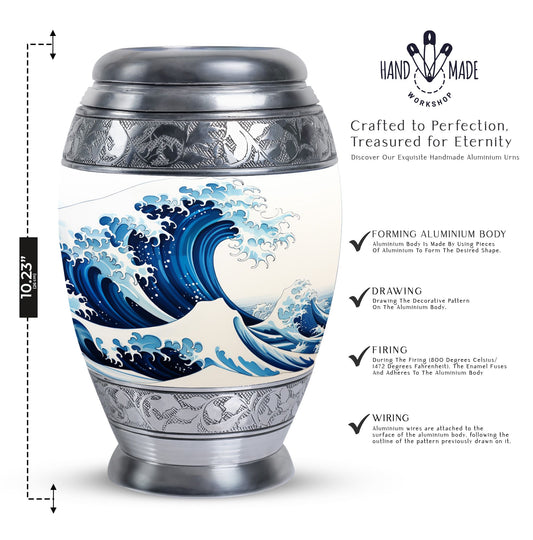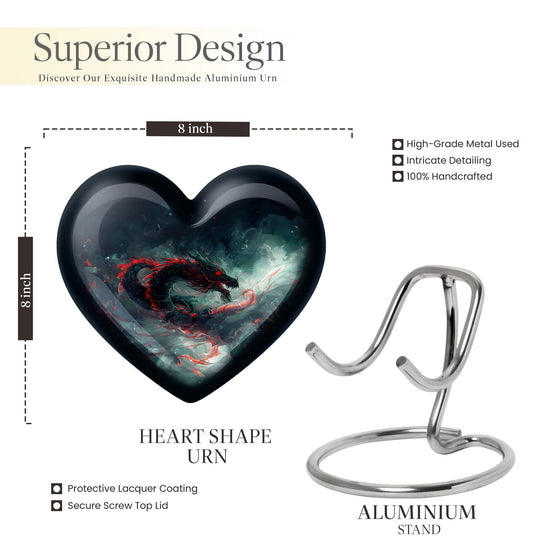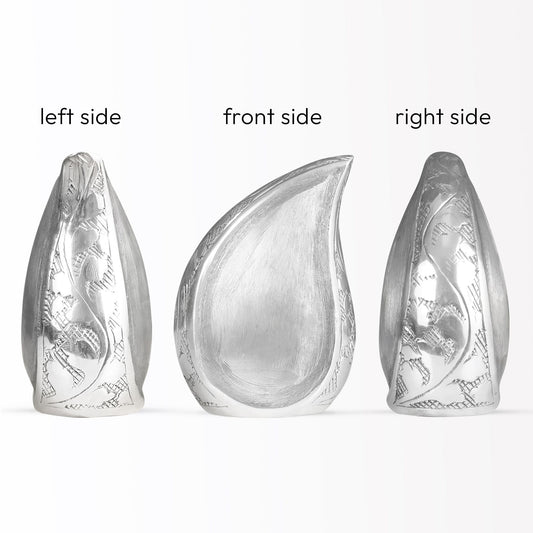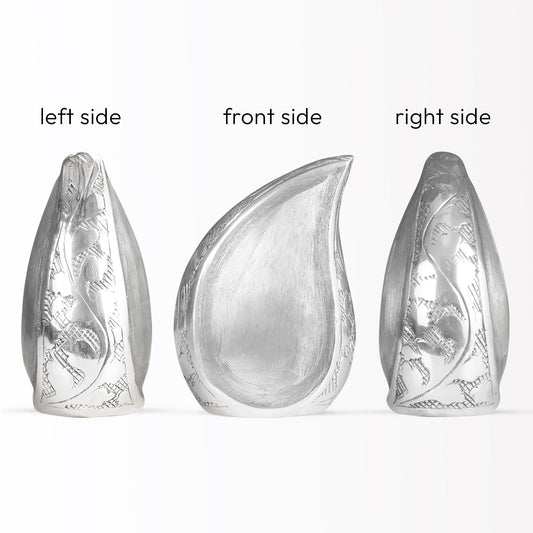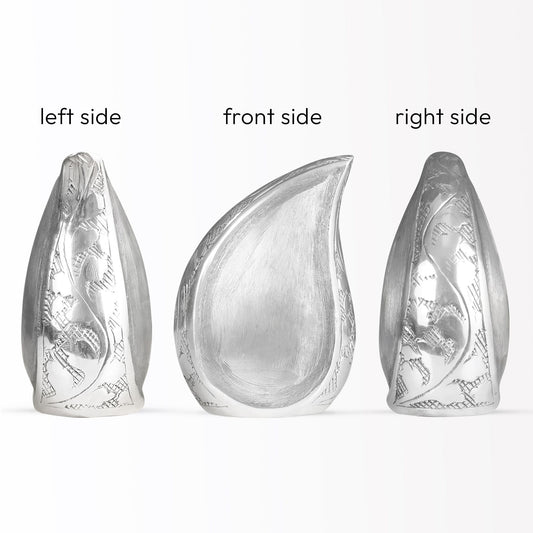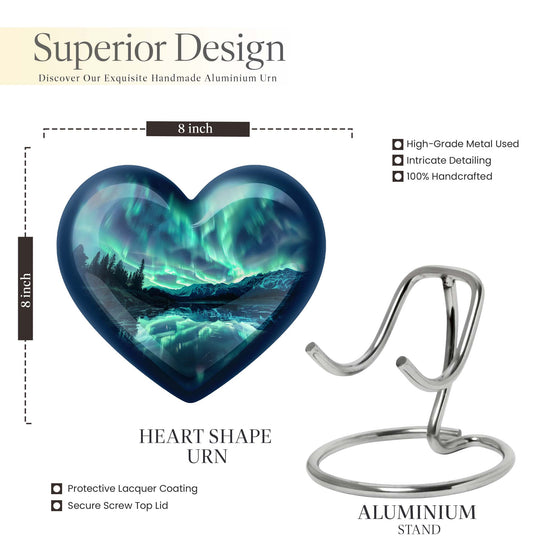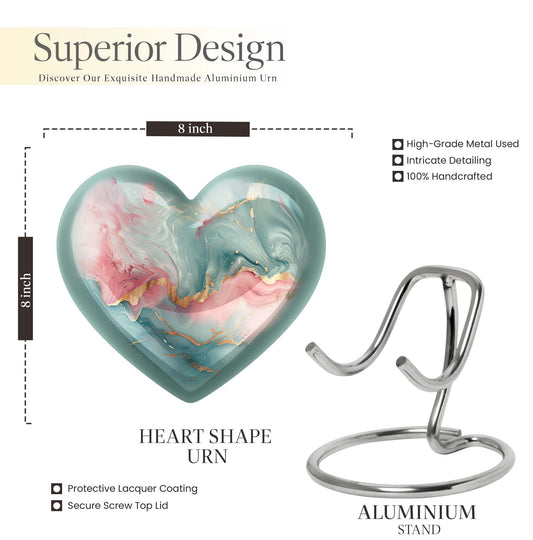Popular Urns
Knowing Massachusetts Cremation Laws: Benefits and Drawbacks

Knowing Massachusetts Cremation Laws: Benefits, Drawbacks, and Loopholes
Massachusetts, much like the other states in America, is getting transformed in regards to social philosophies about death and memorialization, and cremation is one of the most common final disposition. With new legislation, cremation in Massachusetts is statutory by proper laws and regulations applying to the process of cremating in a dignified and respectful manner. Like any rule, the law has its benefits, drawbacks, and loopholes that families should be aware of in deciding their decisions on cremation.
Massachusetts Cremation: Laws and Procedures:
Massachusetts cremation laws are mainly stated in Chapter 114 of the General Laws. There are a few key steps that have to be carried out before a cremation. First, this includes receiving approval from the legal next of kin or an authorized agent, like the executor of an estate. Such is evidenced with a consent form signed by the individual. In addition, it must also include identification of the deceased.
The state requires that a person who is to be cremated should be identified positively in form of an official identification such as a driver's license or Social Security number.

Besides, Massachusetts law has reserved a 24-hour waiting period after death to allow the cremation to be conducted; however, this can be waived by the medical examiner. This period provides families an opportunity to come to terms with their loss and make necessary arrangements.
Benefits of Massachusetts Laws Regarding Cremation:
1. Cost-Effectiveness: The main strength of cremation is being less costly as compared to traditional burial. Families save on caskets, the cost of burial plots and other costs involved with death so cremation can be a cost-effective way out.
Drawbacks to Cremation in Massachusetts
- Emotional Challenges: Some people and families may feel that cremation does not offer the kind of closure a traditional burial offers. To them, there is no 'actual' place to go for reflection, and that might be hard.
- Legal Disputes: There can also be a sense of contention over who has the right to even give consent for cremation, especially in dysfunctional family situations. Such disputes can delay and add stress in what is already a trying moment.

- Process Misconception: Cremation may be misconstrued in relation to what it actually is, which then gives rise to undue expectations. Such procedures should never be vague; instead, it is very important that there is a correct and crystal explanation of the process to avoid all forms of misunderstandings.
Conclusion
Massachusetts cremation laws refer to the ethical treatment of the remains and respect of the person when dying or at death. Although there are several advantages in choosing cremation, such as saving money and flexibility, there are disadvantages and loopholes that need to be taken into consideration.
Families need to learn about these laws and the little details of this cremation process in order to make the right decisions and continue showing respect for their loved ones while dealing with the intricacies in dealing with death arrangements.
ALSO READ:



















